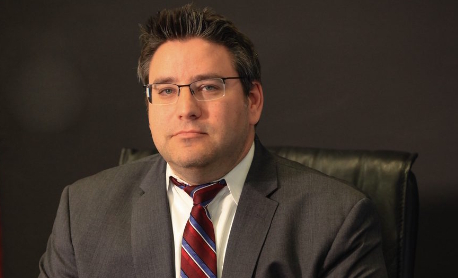Over the past decade, one of the biggest changes to complex litigation is that Court’s have made the process significantly easier to conduct discovery outside of the state of the litigation. Previously, in order to permit a litigant to conduct a deposition in a foreign jurisdiction, the litigant would need to request the local Judge issue a commission. Then, the commission would be provided to the Court in the foreign jurisdiction, which would then have the Judge in the foreign jurisdiction issue a subpoena. As a result of the efforts by the American Bar Association, nearly all fifty states in the United States have gone away with the requirement of the issuance of a commission. One of the last remaining holdouts is Texas, which still requires a commission to issue from the foreign jurisdiction prior to the subpoena being issued.
This change which required state legislatures to approve and adopt has made the process to obtain a deposition of a foreign individual significantly easier. The part of seeking approval from the Judge of the state in which the lawsuit is pending is no longer required. Now, most states require the county clerk’s office to issue a subpoena from the foreign jurisdiction upon receipt of the subpoena from the jurisdiction where the case is pending. This change significantly reduces the amount of time and money on the process of obtaining a subpoena from the foreign jurisdiction.
Many states have enacted a reciprocal process in its statutes and codes. That means if the foreign jurisdiction has adopted the Uniform Interstate Deposition and Discovery Act, the act that which simplifies the process for the subpoena issuance, it will automatically provide such reciprocal privileges to cases in that other state.
Some additional benefits include it reduces parties' requirement to obtain a local counsel in the foreign jurisdiction and also reduces filing fees for miscellaneous case actions to appear before the Court in the foreign jurisdiction just to get the subpoena issued by the Judge in that foreign jurisdiction.
Most importantly, the reduction in steps in the process significantly speeds up the process for obtaining the subpoena which allows for deponents to provide testimony much sooner. This can aid in memory of witnesses as they are no longer having to wait multiple months to testify about something that happened.
As a litigator that has conducted depositions from the Pacific Northwest, to New England, to the American Southwest and nearly every state in between, I wholly support the efforts by the American Bar Association to have every state enact legislation which adopts the Uniform Deposition and Discovery Act. This is a tool that all litigators need to be aware of and utilize when handling litigation across state lines.
Michael Vater is a Managing Partner of The Ticktin Law Group in South Florida. For over a decade, Vater has worked to achieve justice for clients across the United States, setting new legal standards along the way.
http://www.legalbrains.com/







